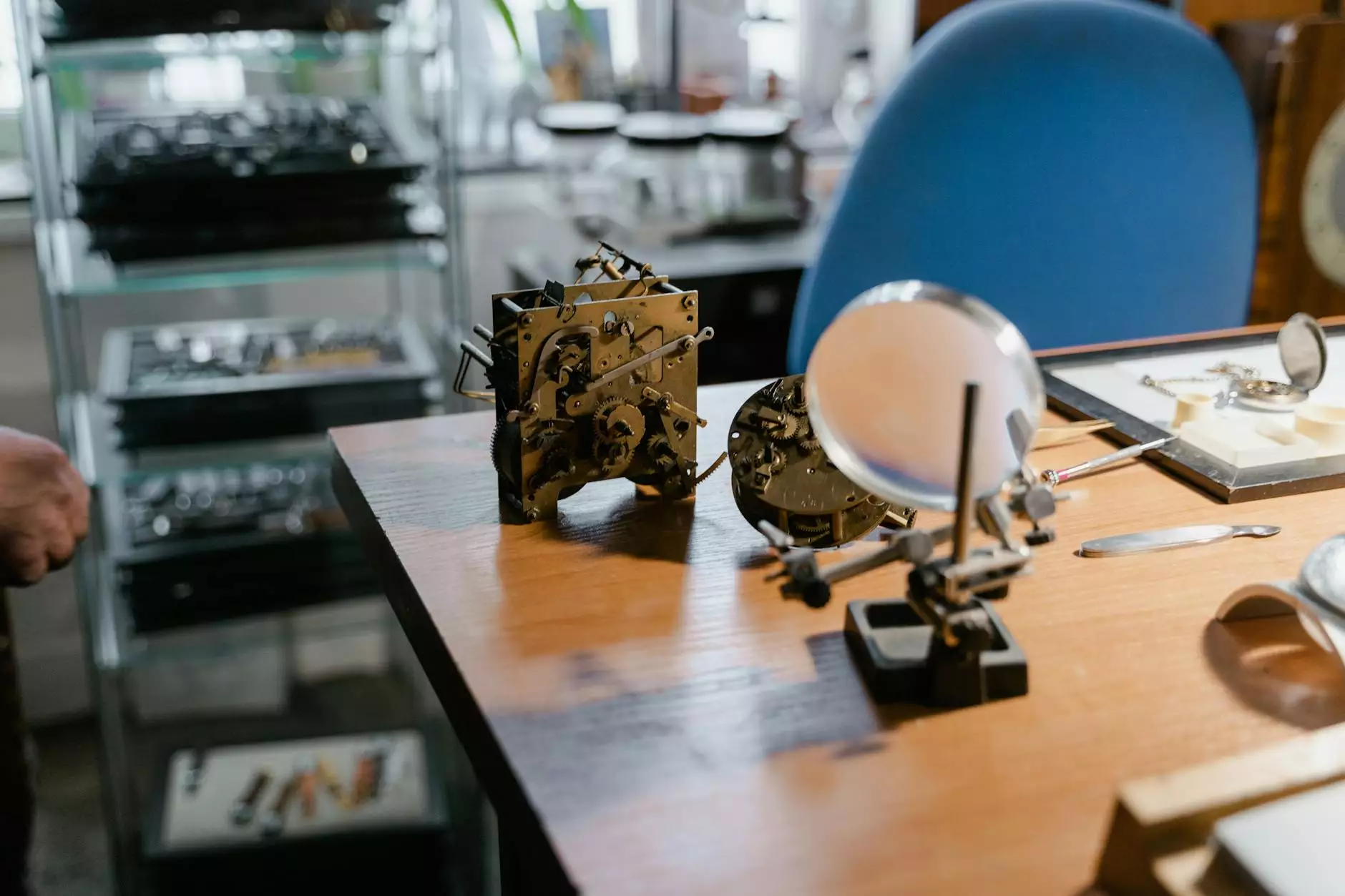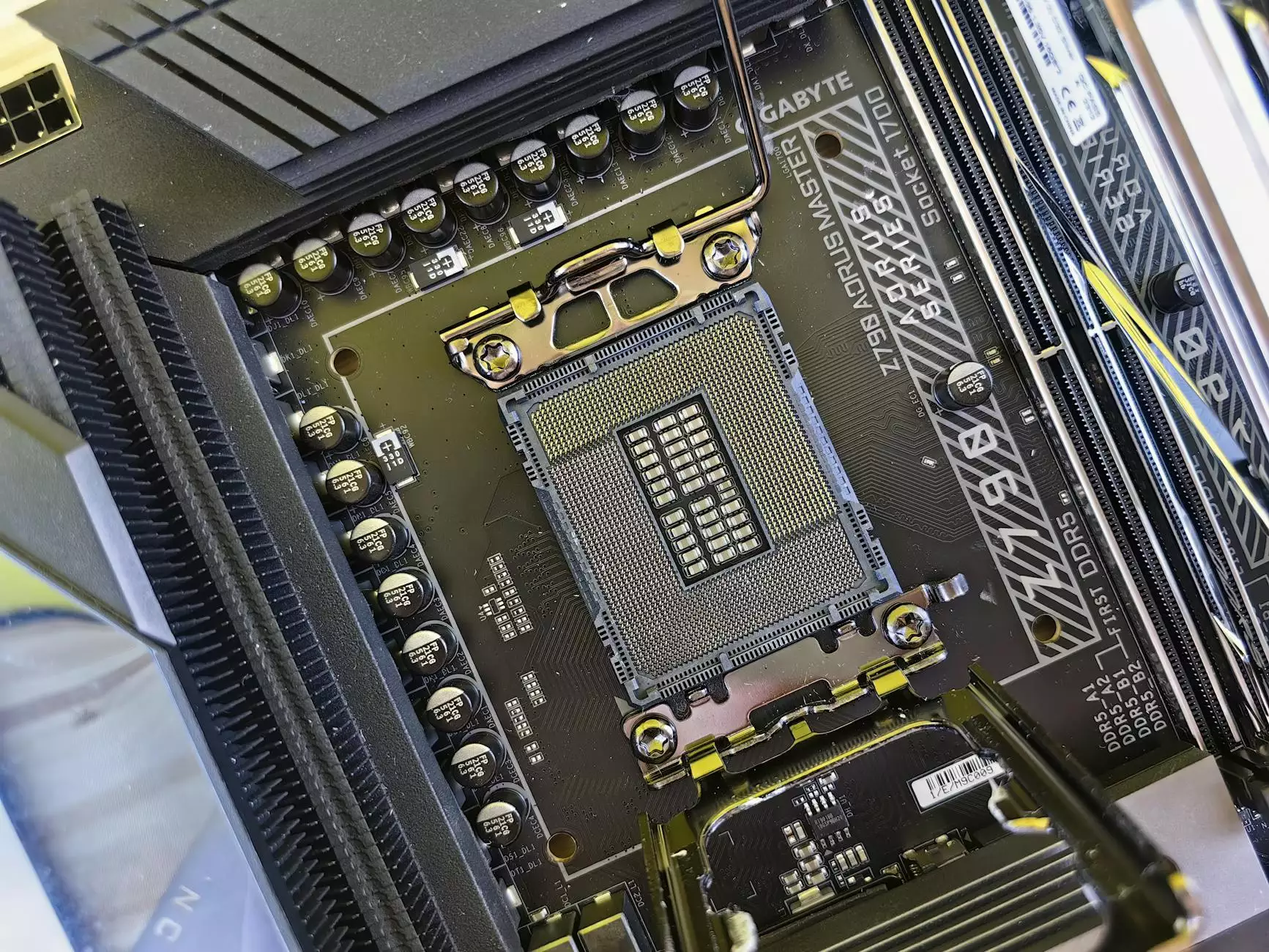Unlocking the Potential of Japanese Car Parts

Japanese car parts have gained immense popularity among vehicle enthusiasts and professionals alike. The renowned quality, durability, and performance of these components contribute significantly to the overall driving experience. In this article, we will delve deep into the world of Japanese car parts, exploring their benefits, types, and how they can elevate your vehicle’s performance.
Why Choose Japanese Car Parts?
The preference for Japanese car parts stems from various factors that stand testament to their superiority:
- Quality Engineering: Japanese car manufacturers are known for their meticulous engineering processes. Parts are crafted with precision, ensuring reliability and longevity.
- Superior Performance: Many enthusiasts and professionals have found that Japanese car parts typically enhance the performance of vehicles, offering better speed, handling, and fuel efficiency.
- Cost-Effectiveness: When considering the longevity and performance of Japanese parts, they often provide better value when compared to cheaper, lower-quality alternatives.
The Varieties of Japanese Car Parts
From engine components to body kits, Japanese car parts come in numerous varieties. Here’s a closer look at some of the most popular types:
1. Engine Components
Engine performance is pivotal to your vehicle’s functionality. Japanese car manufacturers utilize innovative technologies to produce components such as:
- Pistons: The heart of internal combustion engines, quality pistons from Japanese manufacturers promote better performance.
- Camshafts: Precision-engineered camshafts ensure optimal timing and performance of engine valves.
- Turbochargers: Many Japanese brands specialize in turbocharging technologies, providing power boosts and enhanced efficiency.
2. Suspension System Parts
A robust suspension system ensures a smooth ride and stability during driving. Some crucial suspension parts include:
- Shock Absorbers: High-quality shock absorbers significantly improve handling and ride comfort.
- Coil Springs: These provide optimal support and are essential for the vehicle’s handling dynamics.
- Sway Bar Links: Improving stability during turns, sway bars help maintain vehicle control.
3. Body Kits and Accessories
Aesthetic appeal is also paramount in car culture. Japanese body kits not only enhance looks but also improve aerodynamics:
- Front Bumpers: These offer both style and improved airflow for better engine cooling.
- Side Skirts: Enhancing aerodynamics, side skirts prevent air from lifting the vehicle during high speeds.
- Rear Spoilers: These contribute to downforce while adding a sporty aesthetic.
Where to Source Quality Japanese Car Parts
Acquiring authentic Japanese car parts is essential to ensure quality and compatibility. Here are the best sources:
1. Authorized Dealers
Purchasing from authorized dealers guarantees that all parts are genuine. They often offer some warranties and support.
2. Reputable Online Retailers
Websites like 1autoparts.com provide a vast selection of genuine parts at competitive prices. Always check reviews and ratings before purchasing.
3. Local Salvage Yards
For those on a budget, local salvage yards can be treasure troves of used Japanese car parts. Ensure that you verify the condition before making a purchase.
The Impact of Quality Japanese Car Parts on Vehicle Performance
This section outlines how investing in Japanese car parts can translate to tangible performance enhancements:
1. Enhanced Performance Metrics
High-performance Japanese car parts can lead to:
- Improved horsepower and torque
- Better fuel economy
- Increased reliability under strenuous conditions
2. Superior Handling and Stability
With the right suspension components, vehicles can navigate through turns and rough terrains more effectively, promoting safety and comfort.
3. Aesthetic Enhancements
Body kits not only add eye-catching appeal but also improve the overall aerodynamics of the vehicle, positively impacting speed and fuel efficiency.
Maintaining Your Japanese Car Parts
No matter the quality of the parts, maintenance is critical to longevity. Here are valuable tips:
- Regular Inspections: Monthly checks can help identify wear and tear before they become bigger issues.
- Cleanliness: Keeping your engine and parts clean reduces the chances of corrosion and debris build-up.
- Using Quality Fluids: Ensure that fluids like brake oil, engine oil, and coolant are of high quality to maintain optimal performance.
The Thriving Community of Japanese Car Enthusiasts
Being part of the Japanese car culture can be incredibly rewarding. Car clubs, forums, and online groups offer a wealth of knowledge and camaraderie:
1. Sharing Knowledge
Enthusiasts often exchange tips about Japanese car parts, modifications, and maintenance practices, allowing everyone to learn and improve their vehicles.
2. Supporting Local Shows and Events
Local car meets provide opportunities to showcase your vehicle and learn more about what others are doing to enhance their Japanese cars.
Conclusion: Investing in Quality and Community
In conclusion, investing in high-quality Japanese car parts not only enhances your vehicle's performance but also immerses you in a thriving community of enthusiasts. Whether you're a casual driver or a dedicated car enthusiast, understanding the value of these parts can significantly improve your overall driving experience.
Frequently Asked Questions
1. Where can I find the best prices for Japanese car parts?
Platforms like 1autoparts.com offer competitive prices along with detailed product information, making it easy to find the right parts for your vehicle.
2. Are aftermarket Japanese parts reliable?
While there are many reliable aftermarket options, it’s important to research brands and read reviews to ensure you’re purchasing quality products.
3. How often should I replace my car parts?
It depends on the specific part and usage but regular inspections can help determine when replacements are necessary.
4. Can I install Japanese car parts myself?
Many car parts can be installed by individuals with basic mechanical skills, but complex components may be best handled by professional mechanics.









